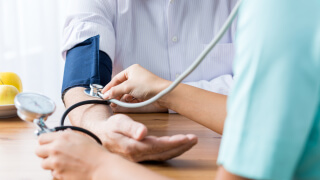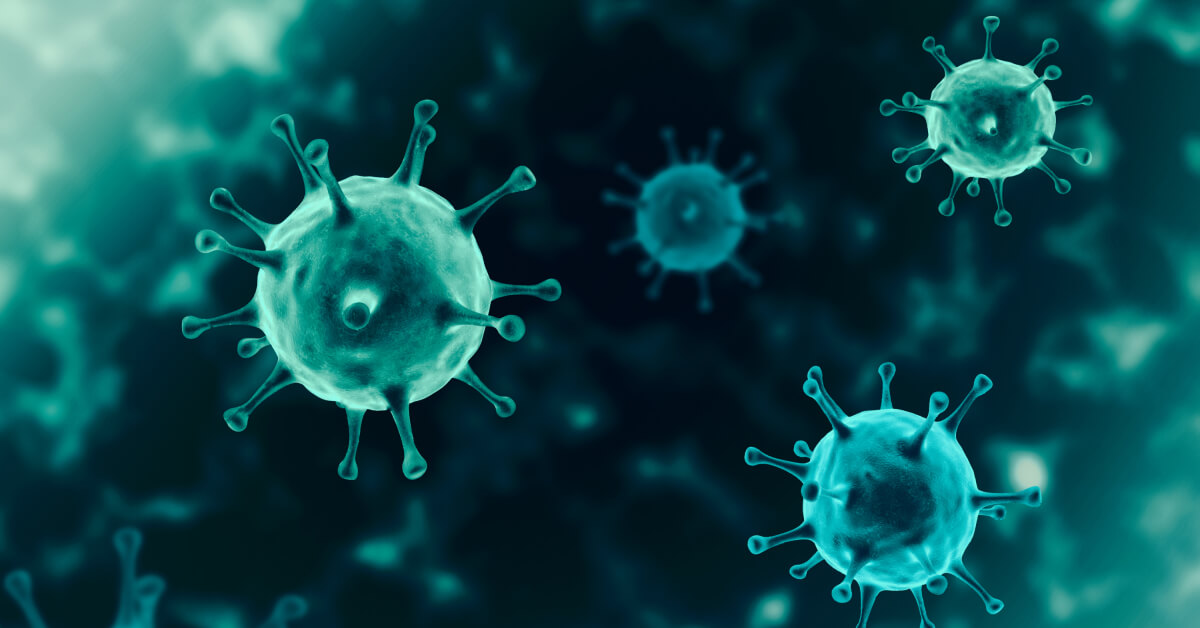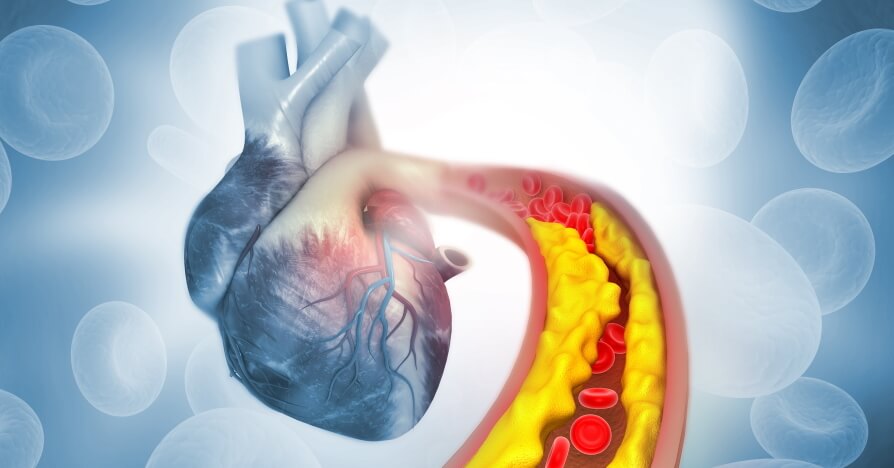
Brandywine Family Medicine Blog
High Blood Pressure
Published 06.11.2021
High blood pressure or hypertension is diagnosed when your blood pressure is greater than 140/90 and the goal of treatment is to get it to 130/80 or less. Normal blood pressure is 120/80 or less. Having high blood pressure increases your risk of heart attacks and strokes. There are many things that affect blood pressure including family history, high salt diet, lack of exercise, too much alcohol, being overweight or obese, and too much caffeine intake like from energy drinks. If you are genetically predisposed to have hypertension, you can have the perfect diet, exercise often, and have an ideal body weight and still have hypertension. Most of us though have room for improvement on one or all of these factors. Getting the recommended 150 minutes a week of moderate aerobic exercise can help. A stroll through the neighborhood doesn’t really count. You have to get sweaty and breathing hard and keep your heart rate in the 130 range for all that time. Some times just losing 10-15 pounds can make a big difference in your blood pressure. Cutting back on salt in your diet to about 2500 mg of sodium a day can also help. Read those nutrition labels and know what a serving is. Any processed food like frozen dinners or canned products are usually high in salt as is all take out food. Cutting back on alcohol to stay under the recommended range can help with blood pressure as well.
If your blood pressure is only mildly elevated a trial of working on conservative measures is the first thing to try for two or three months. If this doesn’t work or your blood pressure is moderate or severely elevated, medication is indicated. There are many different types of hypertension medications but the typical starting ones are thiazide diuretics, angiotensin converting enzyme inhibitors, angiotensin receptor blockers, or calcium channel blockers. Many people will end up on two or three medications. There are several different medications that can also be used as add on drugs. These medications all lower blood pressure and help take pressure off the kidneys decreasing the risk of chronic kidney disease. These medications all reduce the risk of heart attack and stroke.
For every 20 mm increase in systolic pressure or 10 mm increase in diastolic pressure your risk of coronary vascular disease doubles.
I always recommend monitoring your blood pressure at home with a meter that goes on your upper arm. Omron 5 is a good model and is available on Amazon for about $45. Stress is a big factor in hypertension and I am certainly seeing more hypertension in the last year with covid. You want to treat what your blood pressure is at home at various times not what it runs at the office. A lot of people get nervous when they come into the office and their blood pressure will be elevated but at home or work they can be fine.
Book an Appointment

Sexually Transmitted Infections

There are many different sexually transmitted diseases that can affect people. Learn about the vari...
Alcoholism

Alcoholism is a serious issue that plagues many Americans. Dr. Elener discusses the effects, causes,...
Cholesterol

Dr. Elener explains cholesterol, the waxy substance that is made in your liver. She explains what it...